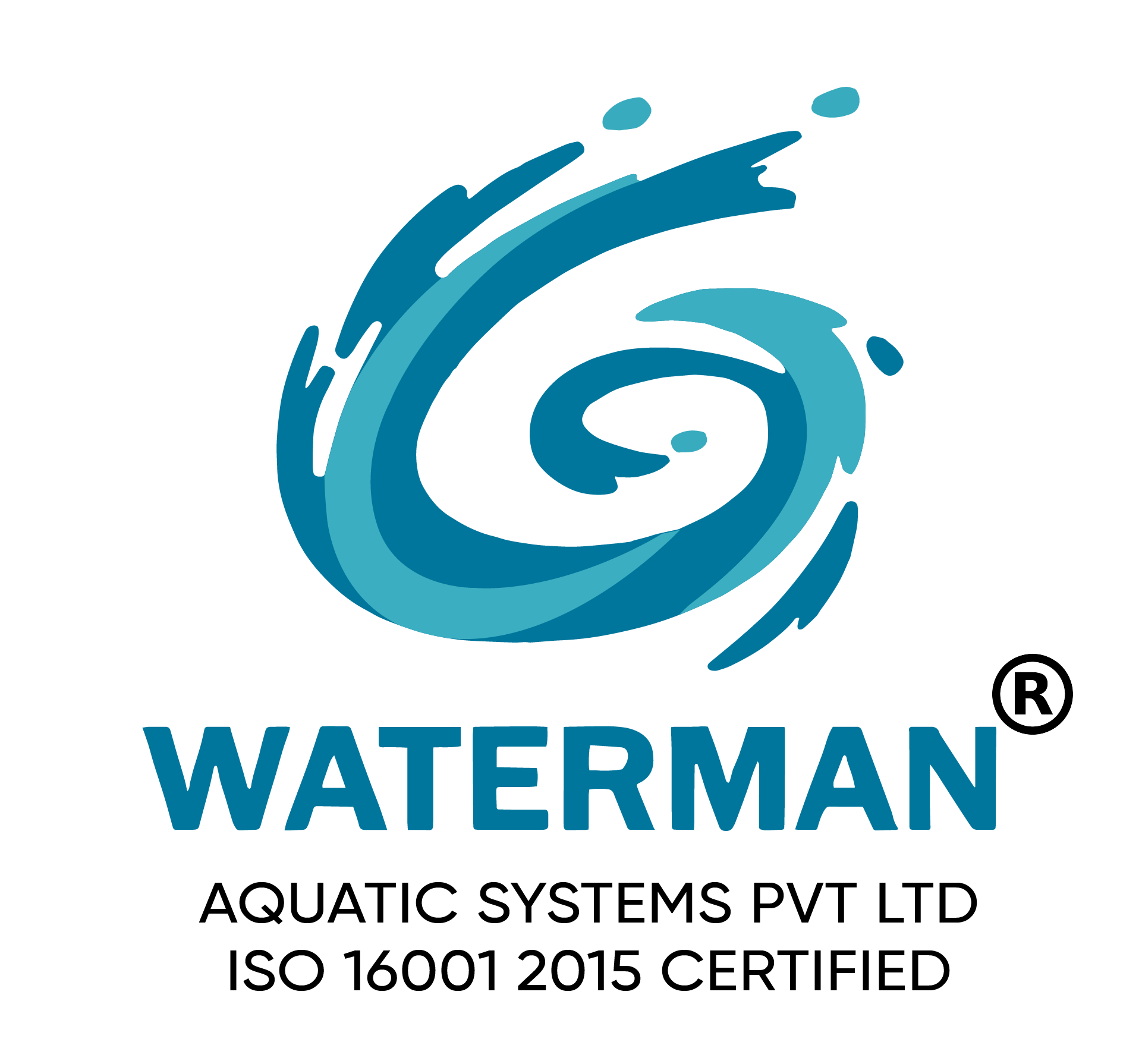Ultrafiltration & Reverse Osmosis Plants
Demineralization, also known as deionization, is a meticulous process designed to eliminate mineral salts from water through ion exchange. Deionized water, often referred to as demineralized water, undergoes a thorough purification process resulting in the removal of dissolved mineral ions such as sodium, calcium, iron, copper, chloride, sulfate, nitrate, and others commonly found in water sources. This purification process relies on specially engineered ion exchange resins, which provide sites for the replacement of mineral salts with hydrogen (H+) and hydroxyl (OH-) ions.
By leveraging ion exchange, deionization swiftly and effectively produces water akin to distilled water, devoid of impurities and without the risk of scale buildup. Deionization technology has demonstrated its efficacy as a reliable method for water treatment, finding widespread application in various industries.
The principle behind deionization involves passing raw water through two small polystyrene beds filled with ion exchange resins. In the first bed, cations are exchanged with hydrogen ions, while in the second bed, anions are exchanged with hydroxyl ions.
In the context of water purification, ion exchange is a rapid and reversible process where impure ions are absorbed by the resin and must be periodically regenerated to restore its original ionic form. This process is crucial for maintaining the efficiency of the deionization system.
Deionization is indispensable for numerous applications across industries, including:
1. Boiler Feed Water in Power Plants
2. Textile Manufacturing
3. Pharmaceutical Production
4. Chemical Industries
5. Breweries
6. Hospitals and Healthcare Facilities
7. Automobile Manufacturing
8. Fertilizer Plants
By providing high-purity water free from ionic contaminants, deionization plays a critical role in ensuring the quality and integrity of various industrial processes and applications.





